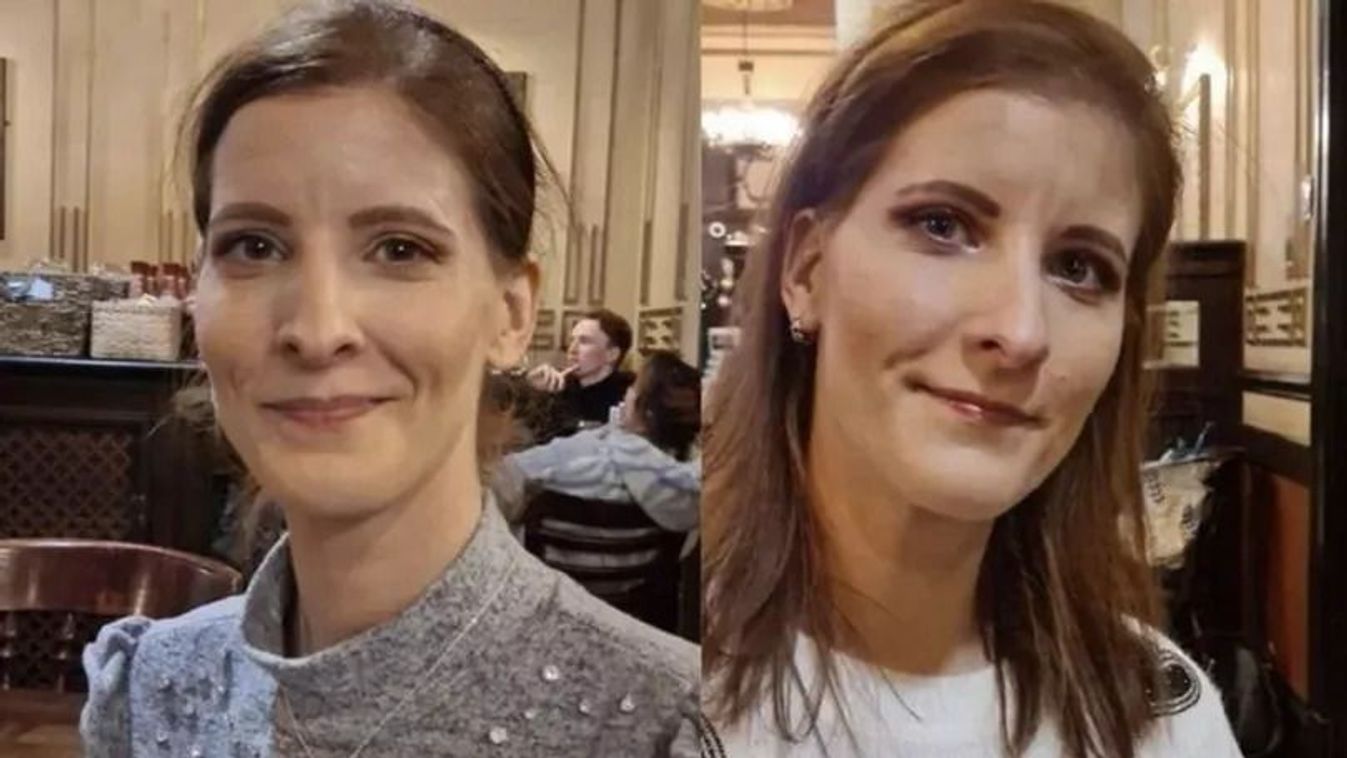
Police Scotland has found the bodies of two women near the last known location of missing Hungarian twins Henrietta and Eliza Huszti in Aberdeen. The sisters were last seen on 7 January near the River Dee, with many unanswered questions surrounding their disappearance.
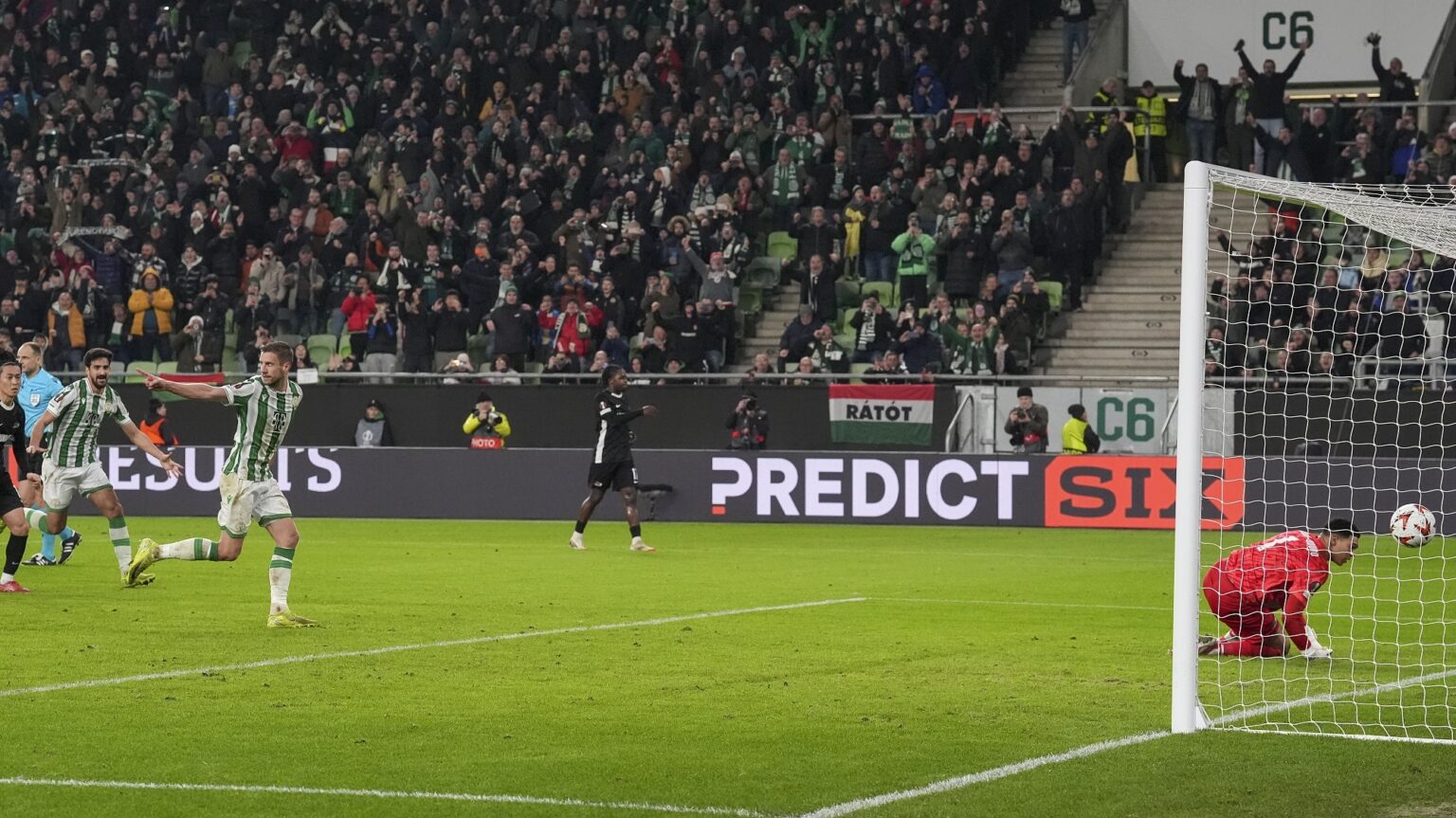
In an eventful game, Ferencváros ended up beating the Dutch side AZ Alkmaar 4–3, and thus made it out of the UEFA Europa League’s first-ever league phase, finishing 17th out of 36. They will face the Czech Viktoria Plzen in the first knock-out round.
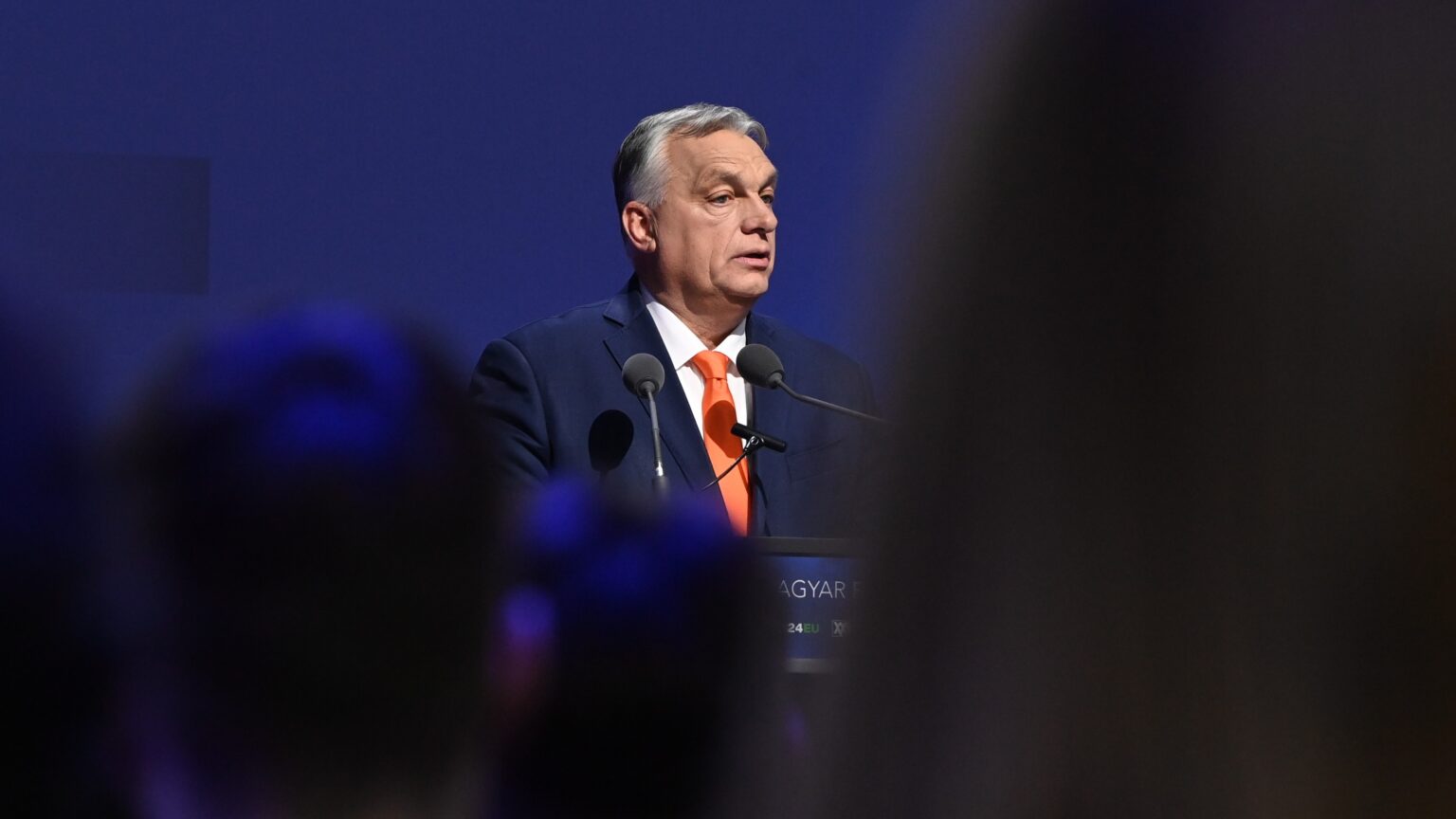
Hungarian Prime Minister Viktor Orbán discussed the country’s economic outlook, European Union conflicts, and global political shifts in a radio interview. He emphasized the importance of strengthening the middle class, argued in defence of government policies, and criticized Brussels for its economic approach.
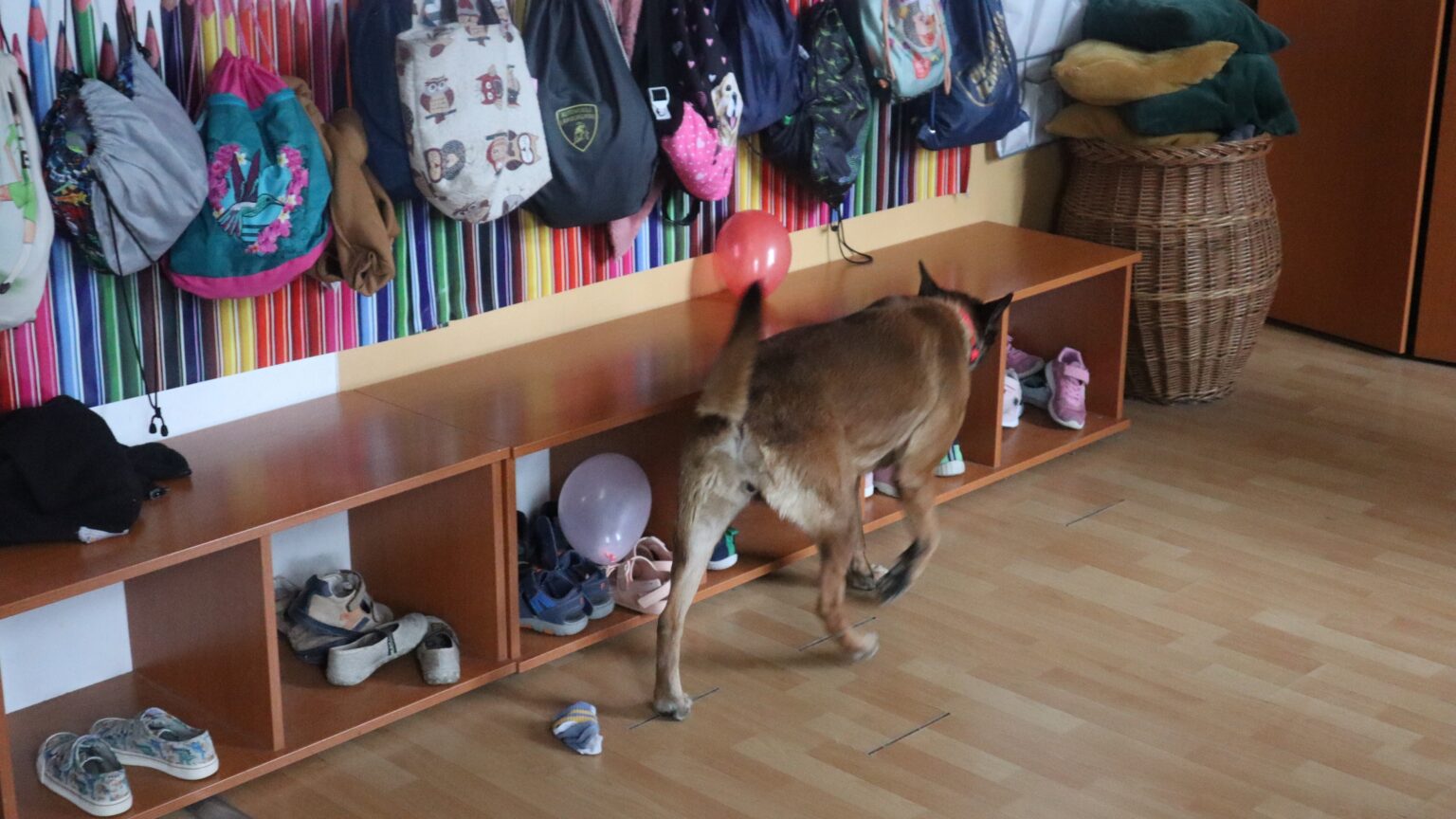
Several Hungarian schools received bomb threats via email overnight, prompting authorities to heighten security and conduct evacuations. The Ministry of Interior urged school administrators to monitor their emails and report any threats immediately to law enforcement.

It will not be long before a Hungarian astronaut returns to space, following Bertalan Farkas’s journey in the early 1980s. The fourth mission of Axiom Space is expected to launch in spring 2025, with Tibor Kapu on board.

Hungarian Prime Minister Viktor Orbán expressed his condolences to US President Donald Trump and the American people following the tragic collision between an American Airlines flight and a military helicopter on Wednesday night in Washington, D.C. The disaster, which some are calling the deadliest commercial crash in US history, has left dozens feared dead.
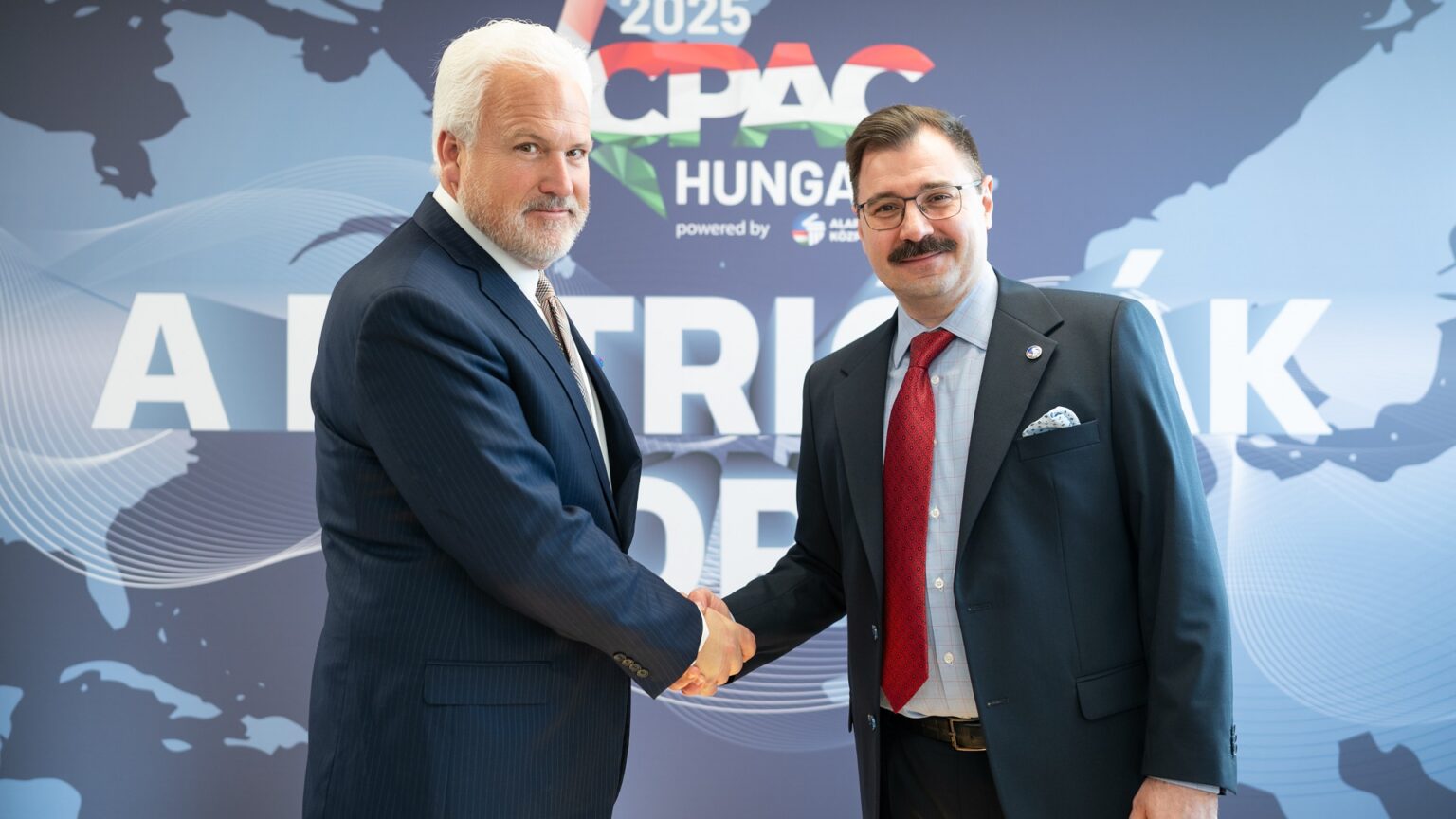
CPAC Hungary 2025 will be taking place 29–30 May this year, Director General Miklós Szánthó for the Center for Fundamental Rights has announced at a press conference with American Conservative Union Chairman Matt Schlapp.
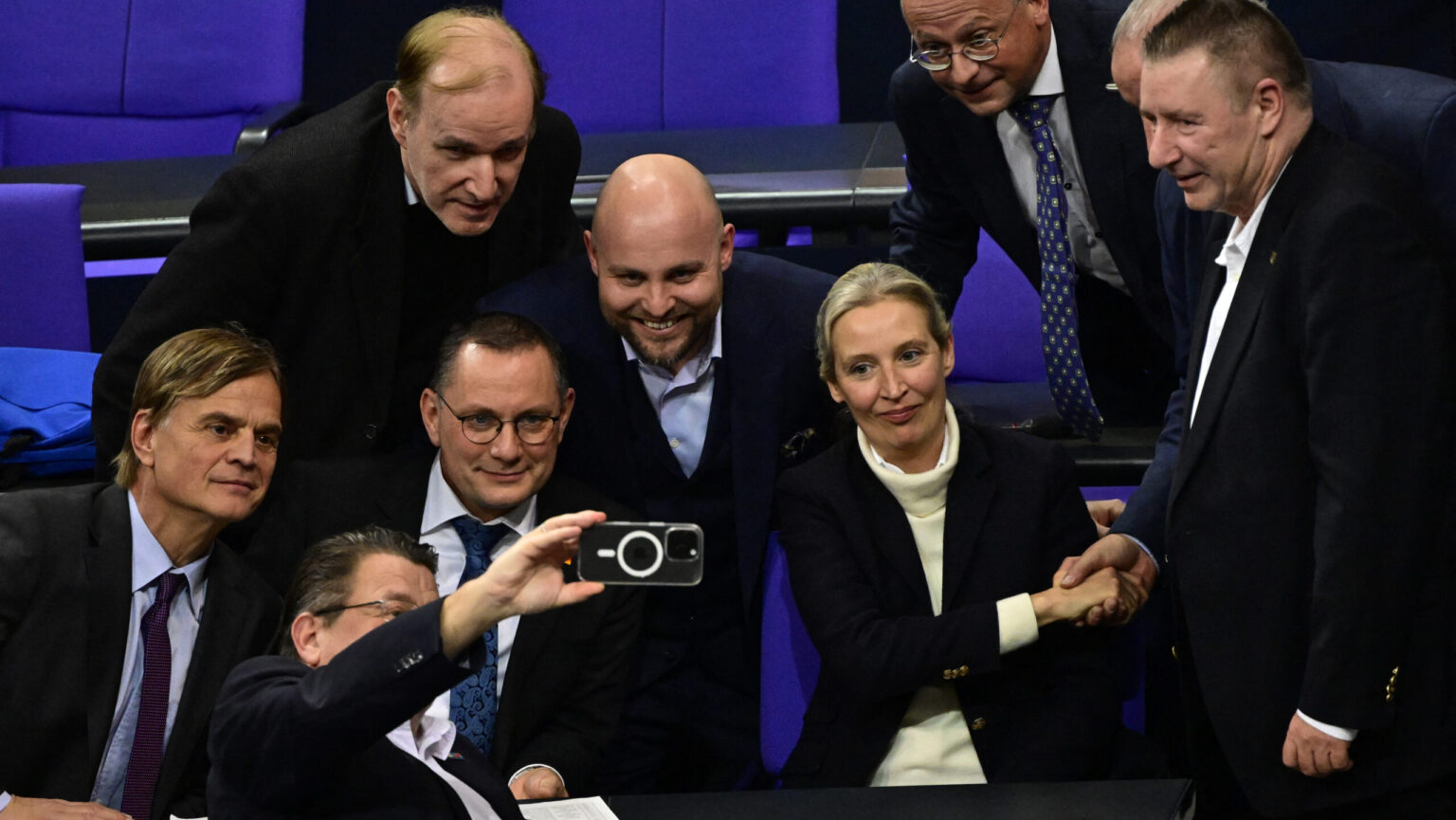
On Wednesday, Alternative für Deutschland (AfD) finally broke through the firewall that German mainstream parties had imposed on them since the party’s foundation, securing a majority alongside the CDU on a motion for stricter migration rules. Hungarian prime minister Viktor Orbán welcomed the development in a post on his X account.

‘Besides all the bad news, there are sometimes good ones, too, even from difficult regions like the Middle East. After a long time, a new president has been elected in Lebanon,’ Hungarian foreign minister Péter Szijjártó commented on the election of Michael Aoun.
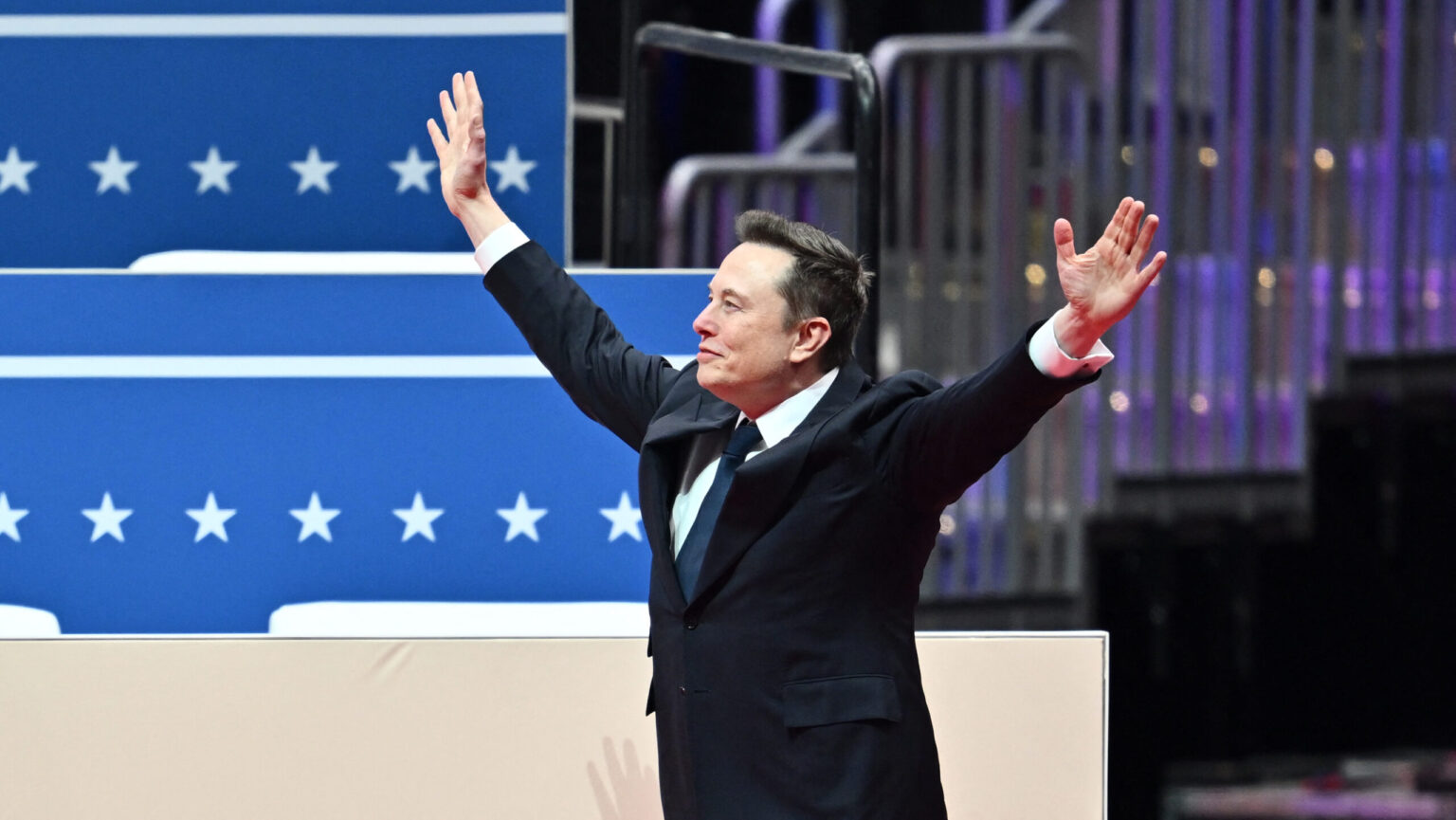
Elon Musk reacted to reports that Hungarian opposition media outlets were outraged over Trump’s decision to halt US foreign assistance, cutting off substantial grants previously provided by USAID and the US Embassy in Budapest. Sharing Balázs Orbán’s post, the US billionaire pointed out that these outlets were never truly independent to begin with.
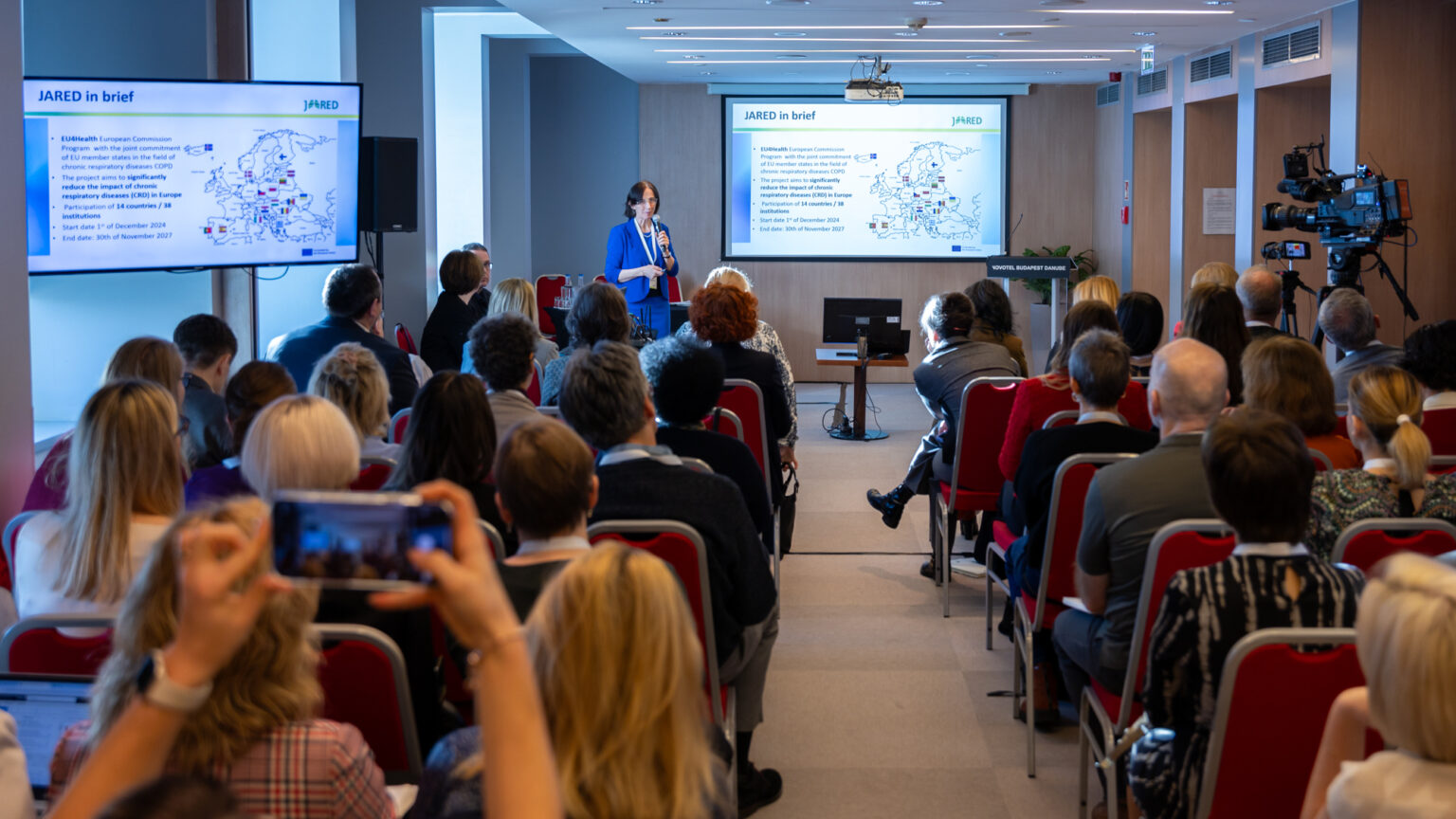
The Joint Action on REspiratory Diseases (JARED) initiative by the EU was launched in December 2024, with support from 14 Member States. The Korányi Institute of Pulmonology in Budakeszi, Hungary is the leading institution of the project. The initiative’s kick-off event was held in Budapest on 29 January 2025.
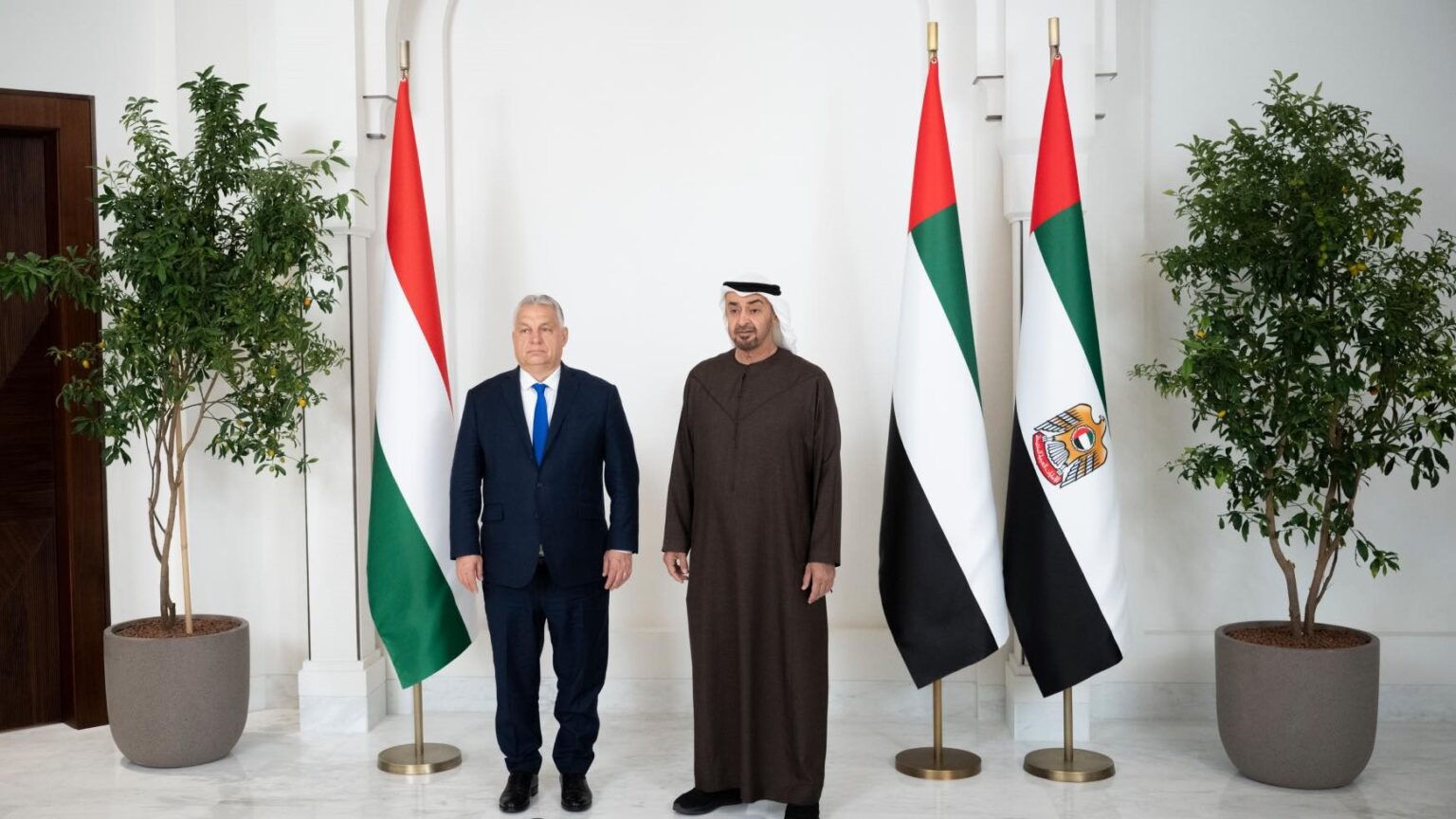
On Wednesday, Hungarian Prime Minister Viktor Orbán concluded a historic two-day visit to the United Arab Emirates, during which he held bilateral talks with UAE President Mohamed Bin Zayed. The discussions focused on strengthening bilateral relations in key areas, including investments, trade, energy, and security, as Hungary seeks to establish a strategic partnership with the Gulf nation.
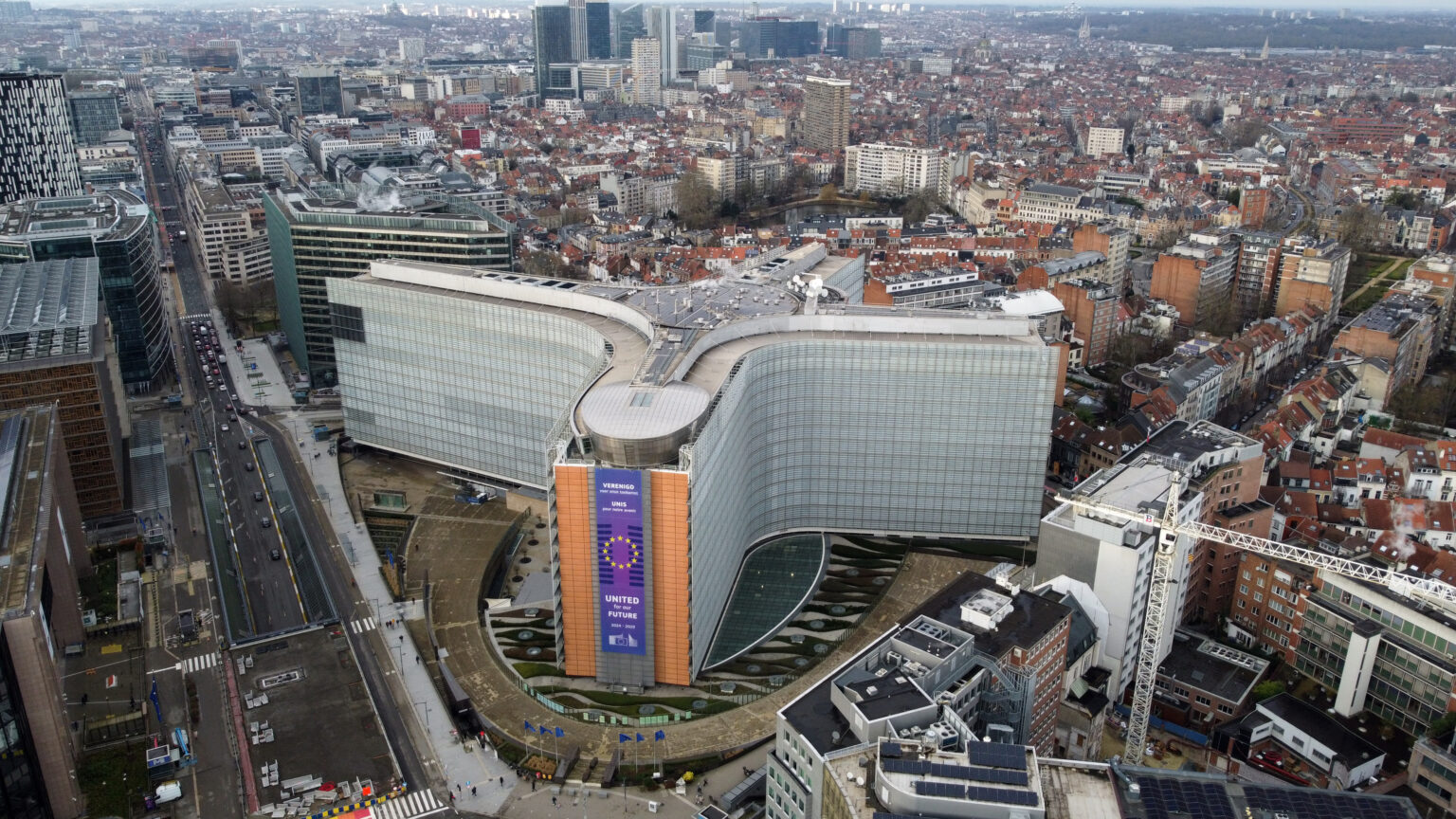
The Austrian Private Universities Conference has protested at the Brussels’ decision to exclude Vienna-based Modul University from the Erasmus+ and Horizon programmes, citing the Hungarian ownership of the institution. The body has called on the European Commission to stop its politically motivated interference in the allocation of academic funding.

Hungarian workers are increasingly optimistic about their ability to weather unemployment, as revealed by a recent study from BNP Paribas Cardif and Medián. The findings show rising confidence in finding new jobs and improved financial preparedness among respondents.
The Political Director of the Hungarian Prime Minister spoke at the 35th anniversary event for the Hungarian history periodical Rubicon. He discussed the end of the unipolar world order dominated by the United States, the EU in the new world oder and the new Trump administration’s novel approach to geopolitics.
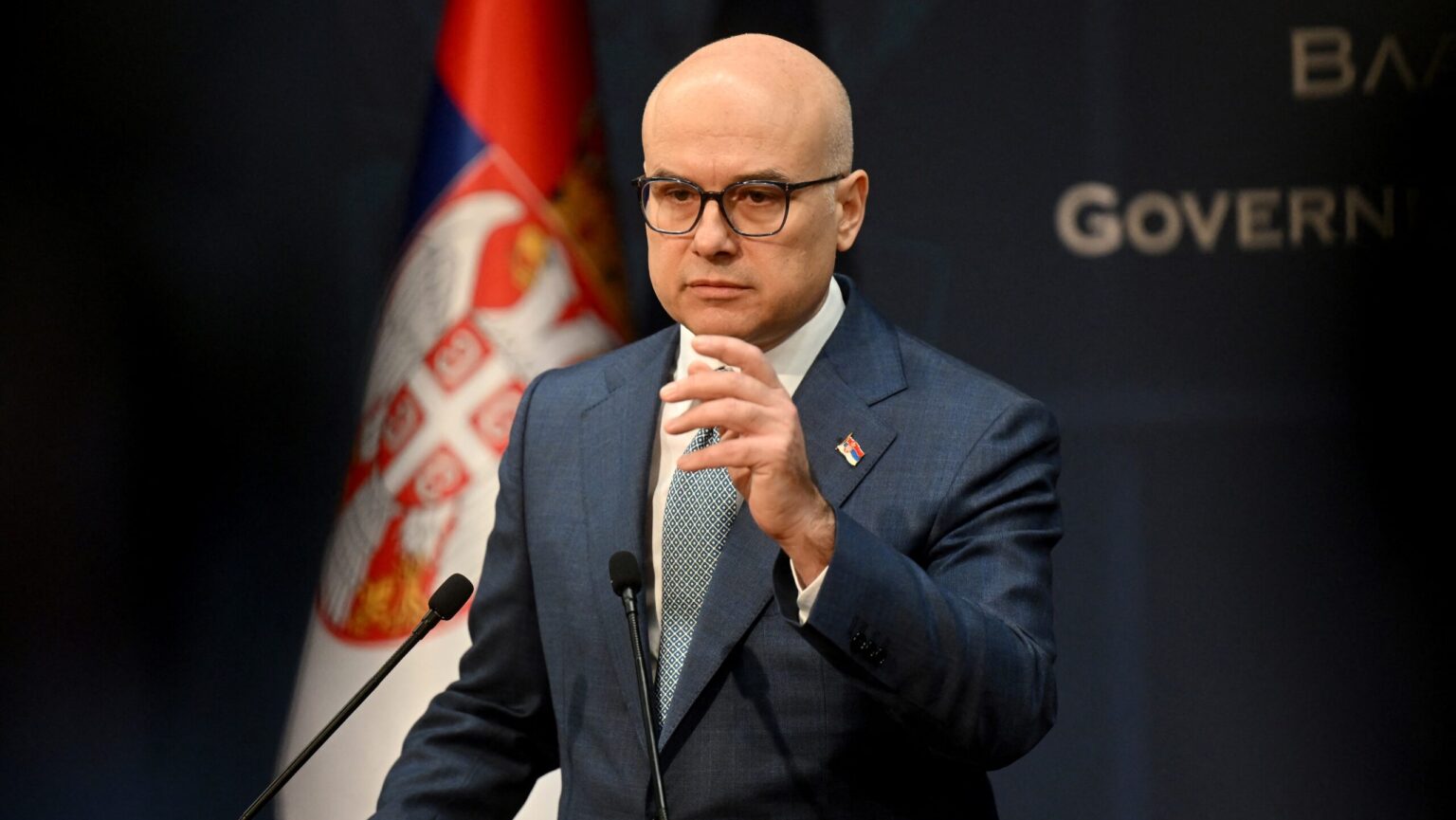
After months of demonstrations following the accident at the Novi Sad railway station, Serbian Prime Minister Miloš Vučević resigned on Tuesday, with Novi Sad Mayor Milan Đurić also expected to step down. Serbian President Aleksandar Vučić is set to decide later today whether to appoint a new prime minister or call snap elections.

A recent study commissioned by Hungary’s National Media and Infocommunications Authority reveals that Facebook’s opaque moderation policies may have restricted up to half a million Hungarian users. The research highlights the lack of transparency in tech giants’ content rules.
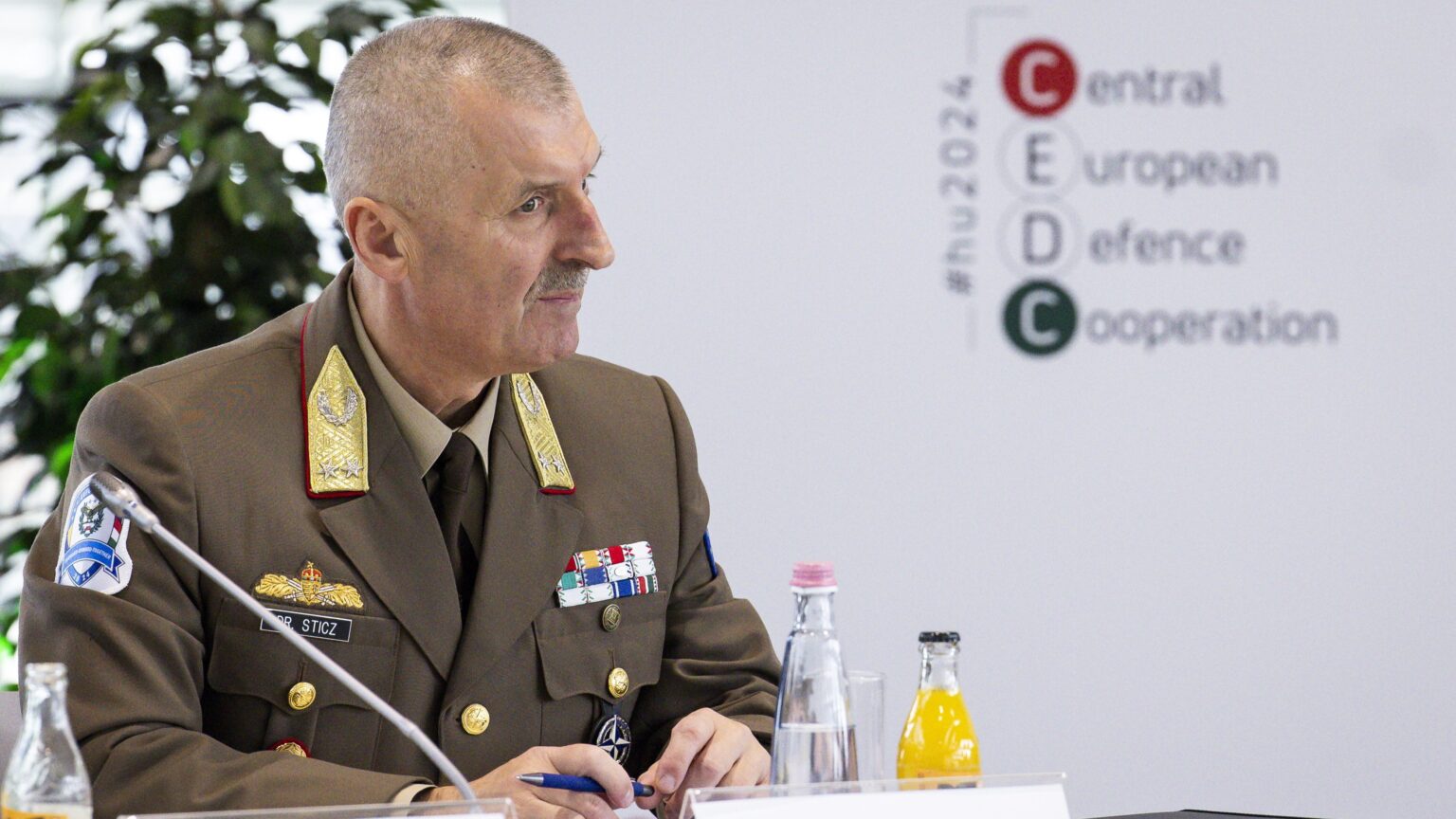
Along with the Hungarian commander, a Hungarian peacekeeping contingent was deployed in Bosnia and Herzegovina with about 400 soldiers. The HDF provided an air search and rescue team, an air evacuation team, an artillery team with dog patrols, medical support (ROLE-1 level), as well as logistical support and supplies with 250 personnel.
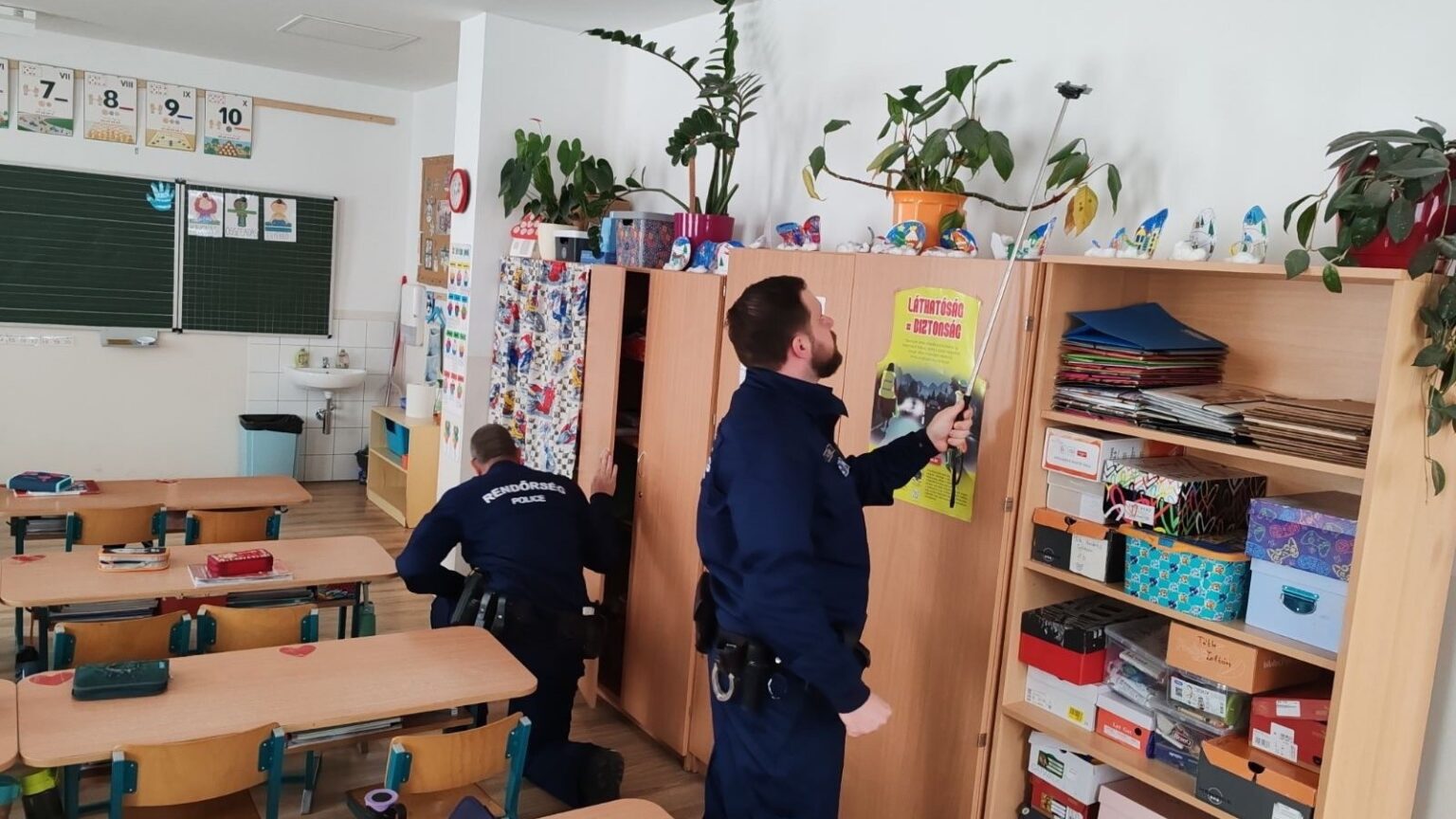
Bomb threat emails targeting Hungarian schools last week were traced to Ukrainian IP addresses using a Russian email provider. While this provides clues, determining the actual origin remains complex due to disposable email accounts and VPN technologies, experts say.
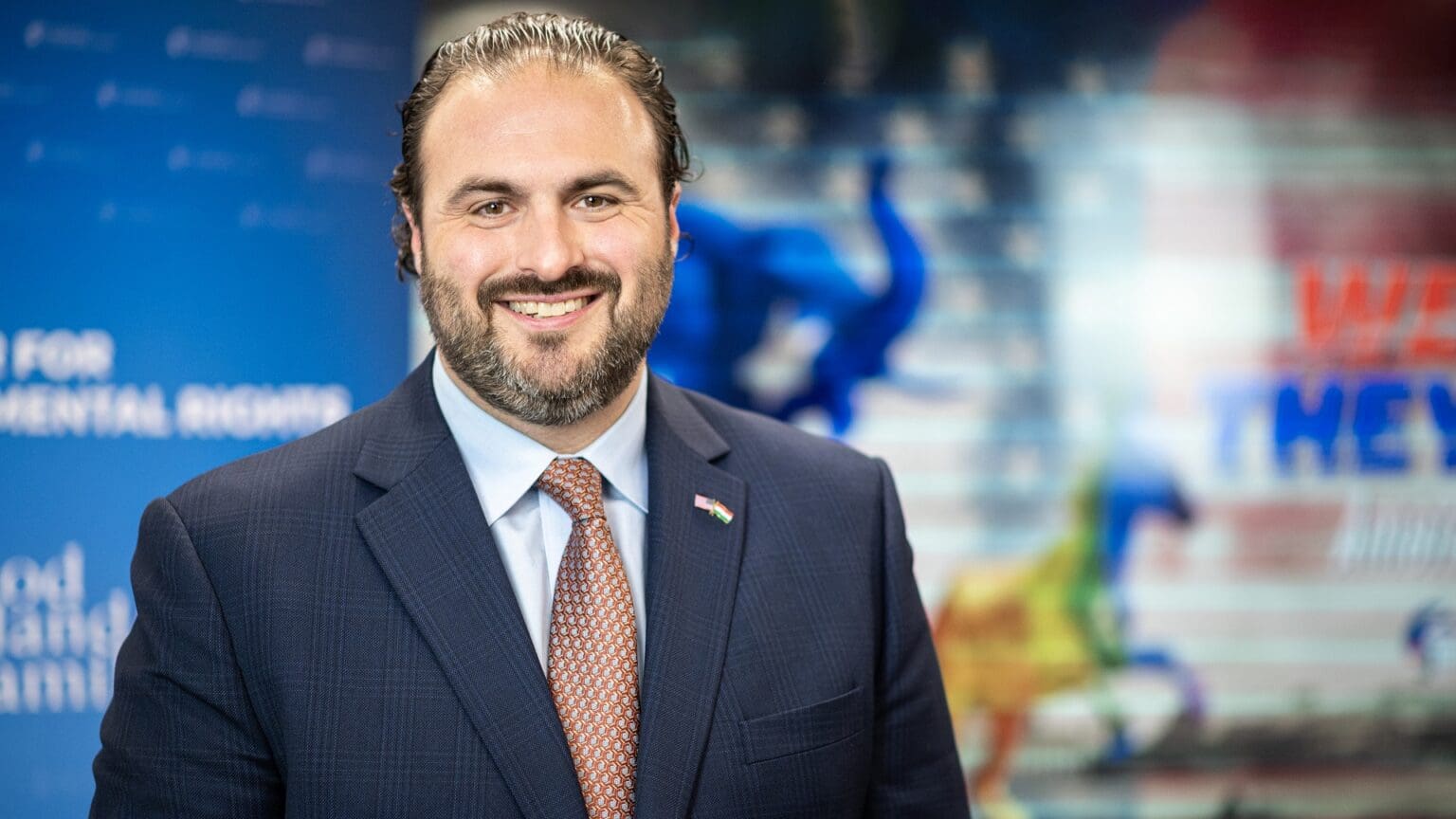
Center for Fundamental Rights Senior Fellow and US Ambassador to Hungary hopeful Bryan Leib has sent an open letter to the CEOs of major American passenger airlines, urging them to start offering non-stop, direct flights between the most populous American cities and Budapest.
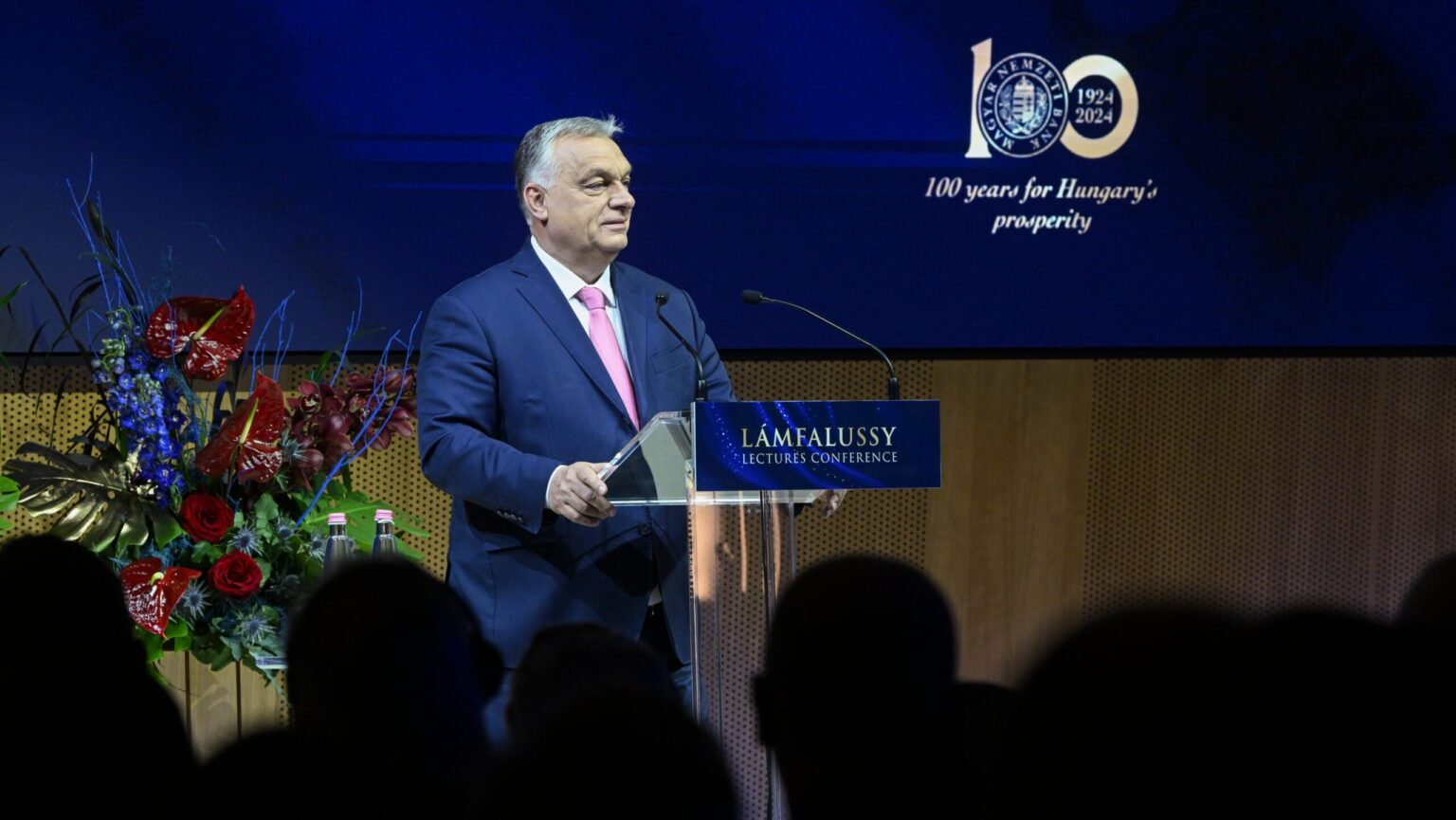
Speaking at the Lámfalussy Lectures Conference, organized by the Central Bank of Hungary, Viktor Orbán asserted that, instead of the Washington Consensus, it is now time to speak of the Budapest Consensus—a framework for nation-states to navigate and thrive in the emerging age of sovereignty.
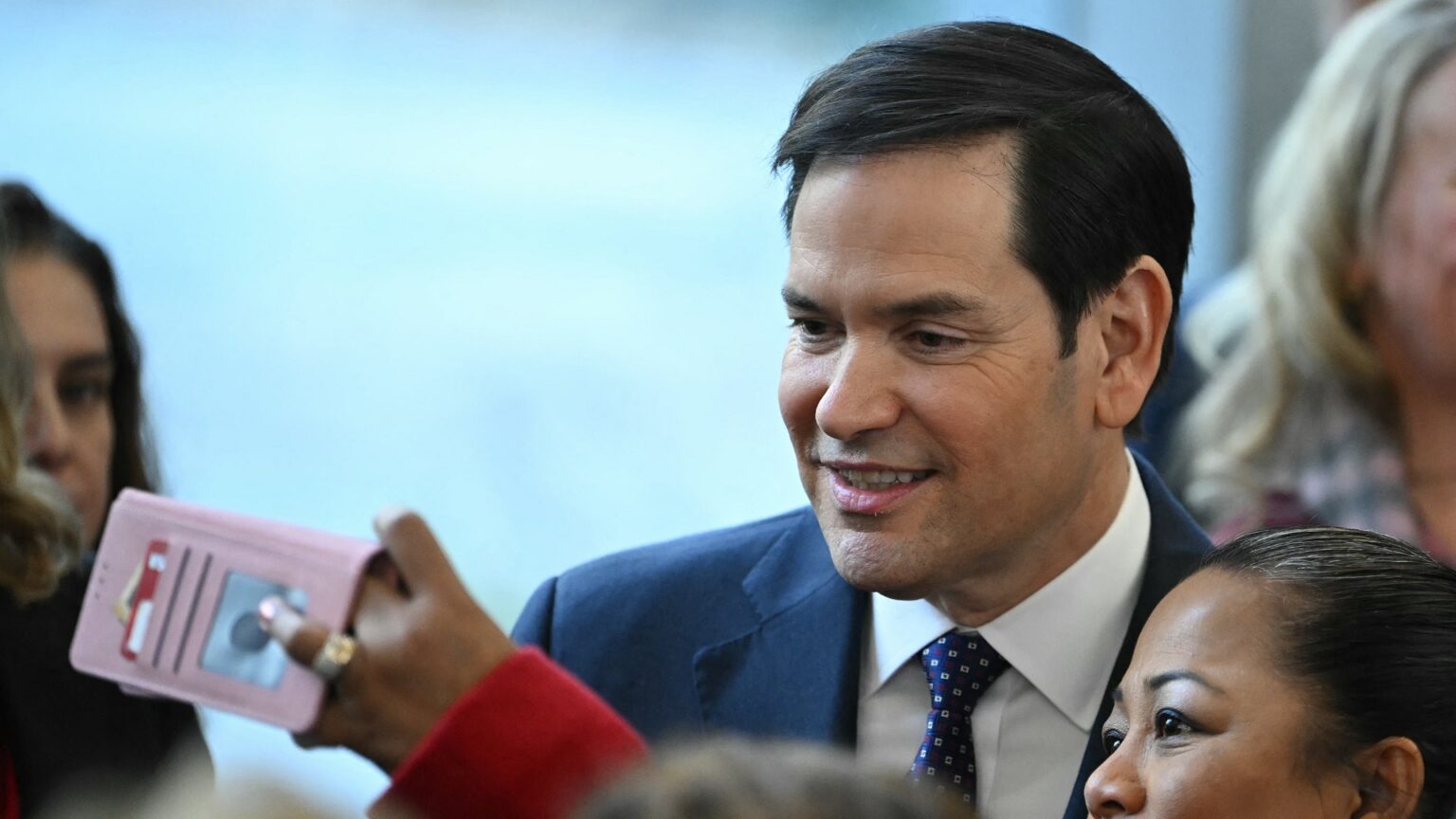
Foreign Minister Péter Szijjártó had a phone conversation with newly confirmed US Secretary of State Marco Rubio on Sunday. Secretary Rubio assured Minister Szijjártó that the vindictive actions of the Biden administration against Hungary will be reviewed.
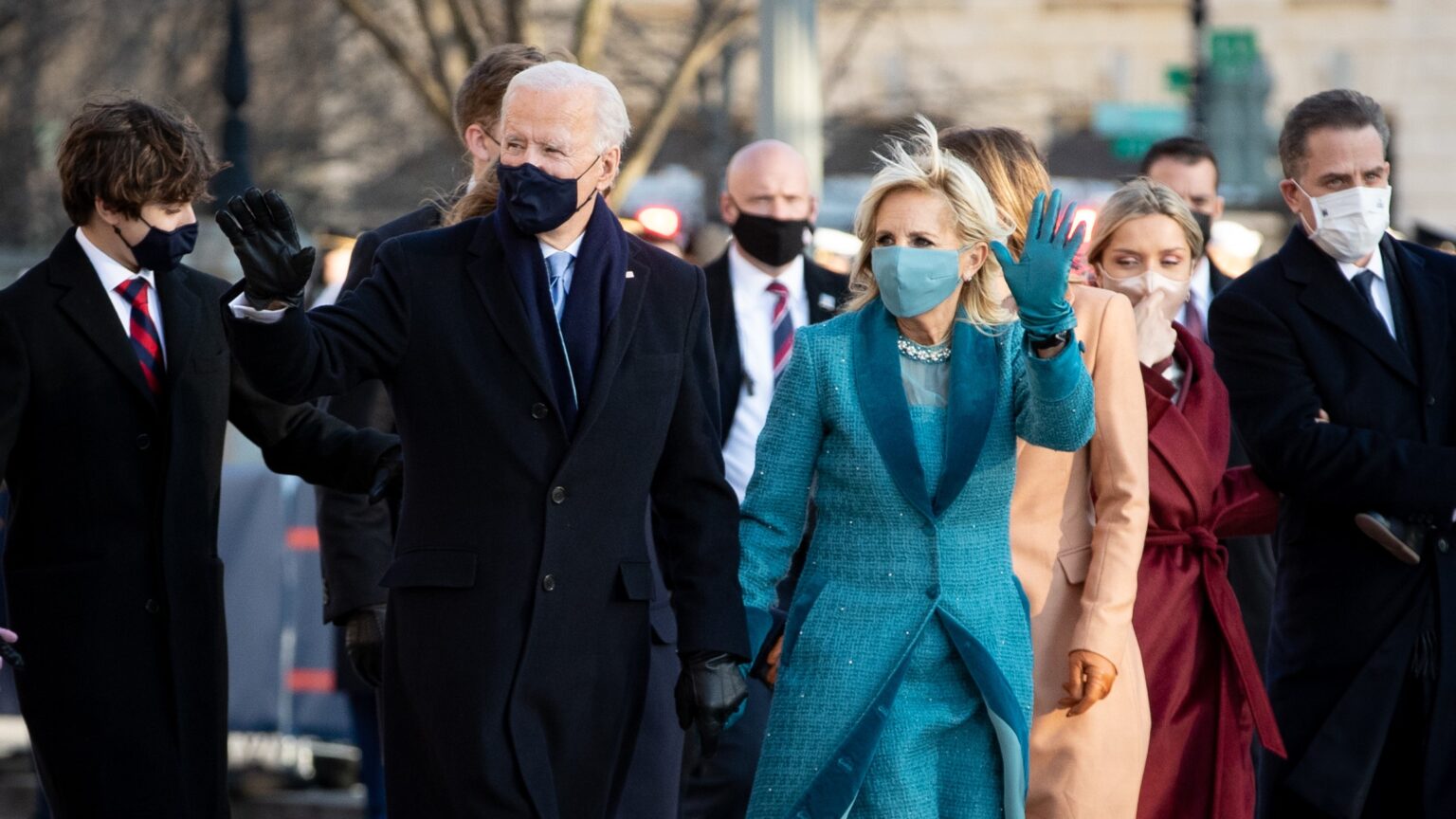
In an interview on Tara Palmeri’s podcast, journalist Marc Caputo revealed that he was told while working for POLITICO not to write about the Hunter Biden laptop story, which could have damaged Democrat nominee Joe Biden before the 2020 election.
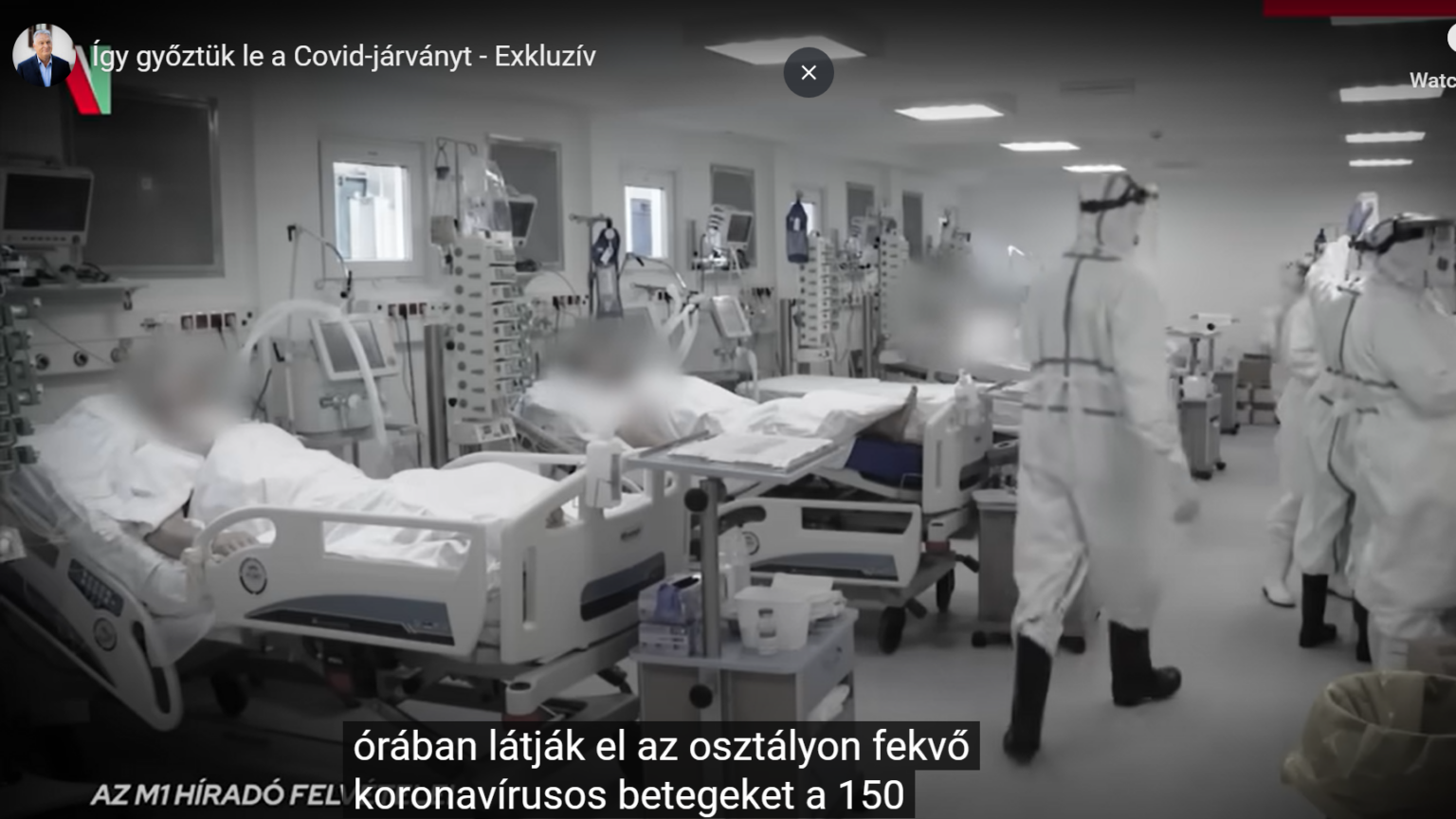
Hungarian Prime Minister Viktor Orbán reflects on the nation’s resilience and leadership during the COVID-19 pandemic in a newly released documentary. The film chronicles the efforts of government, healthcare, and everyday heroes during one of Hungary’s greatest challenges.
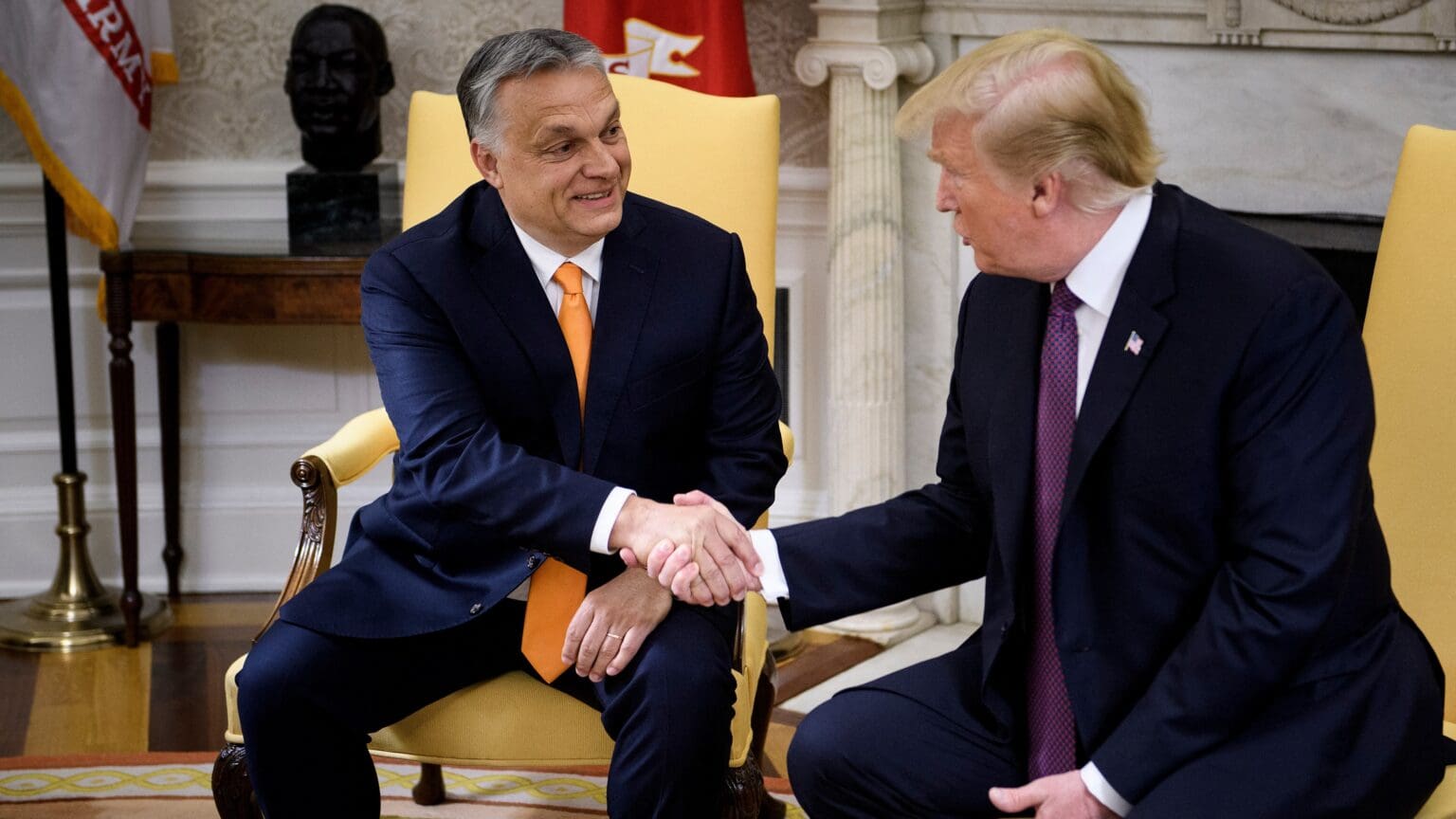
Hungarian Prime Minister Viktor Orbán has instructed his cabinet to prepare an agreement to reinstate the double taxation treaty between Hungary and the United States, unilaterally terminated by the Biden administration. The scrapping of the agreement by the previous US government caused significant economic and political harm to Hungary.
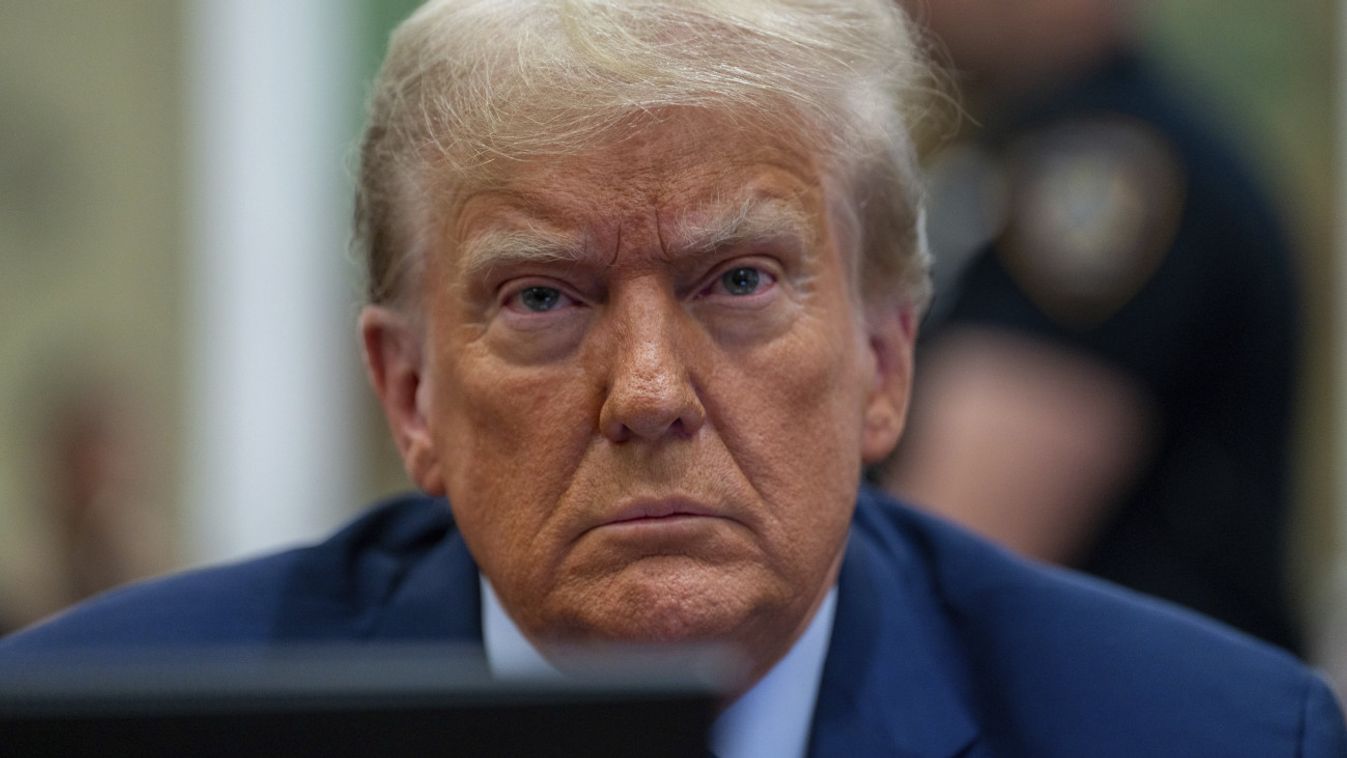
In his inaugural address, Donald Trump did not skimp on sweeping promises and tough talk. The old-new President of the United States promised a new golden age for the country, decisive action to protect its economic interests, as well as immediate measures to curb illegal migration.
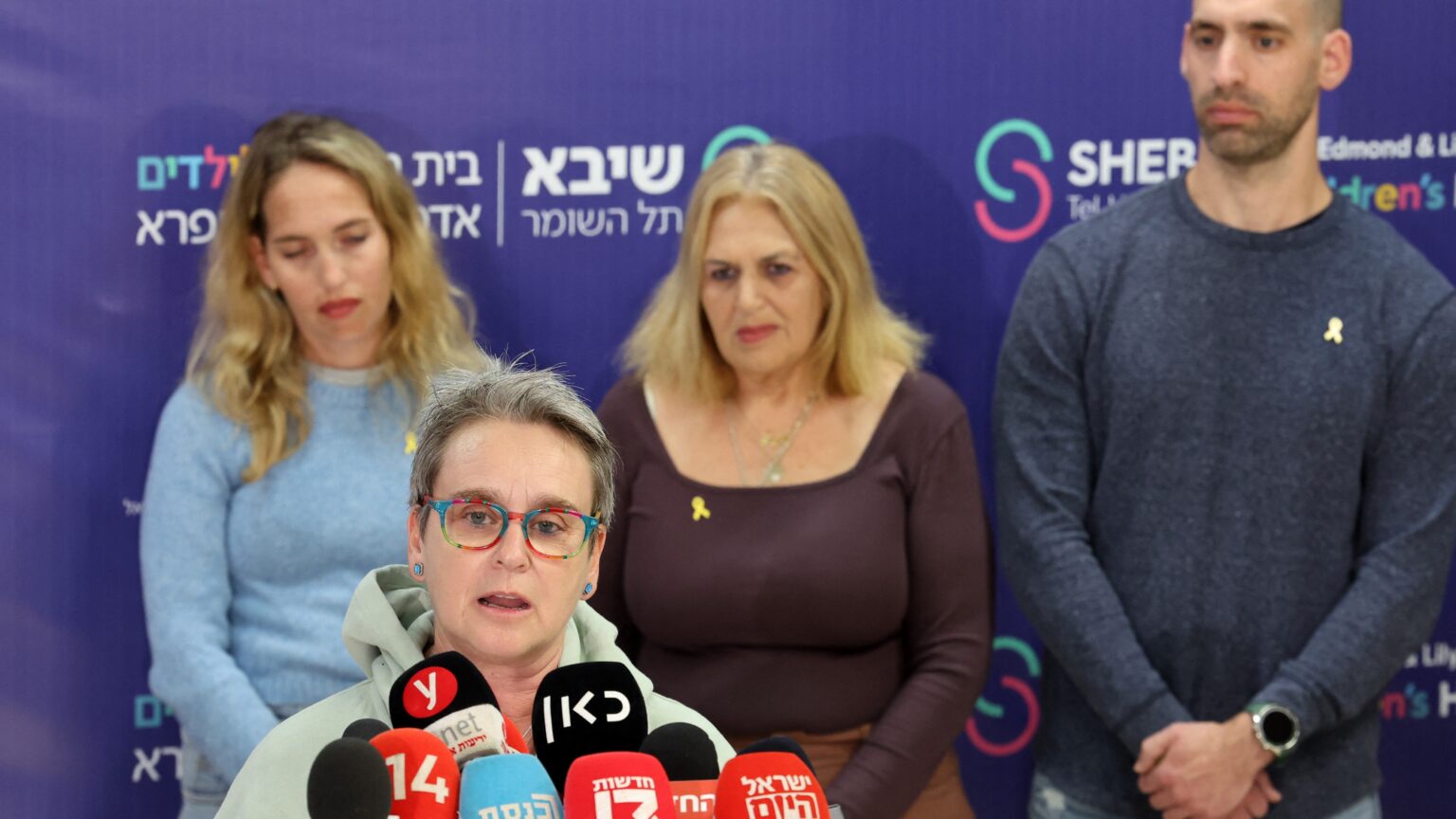
The world press has covered the Israel–Hamas ceasefire deal in great detail, but little has been written about the three brave Israeli women who were the first to be released as part of the deal. Out article tells their story, also reminding that a Hungarian Israeli is still held by Hamas.
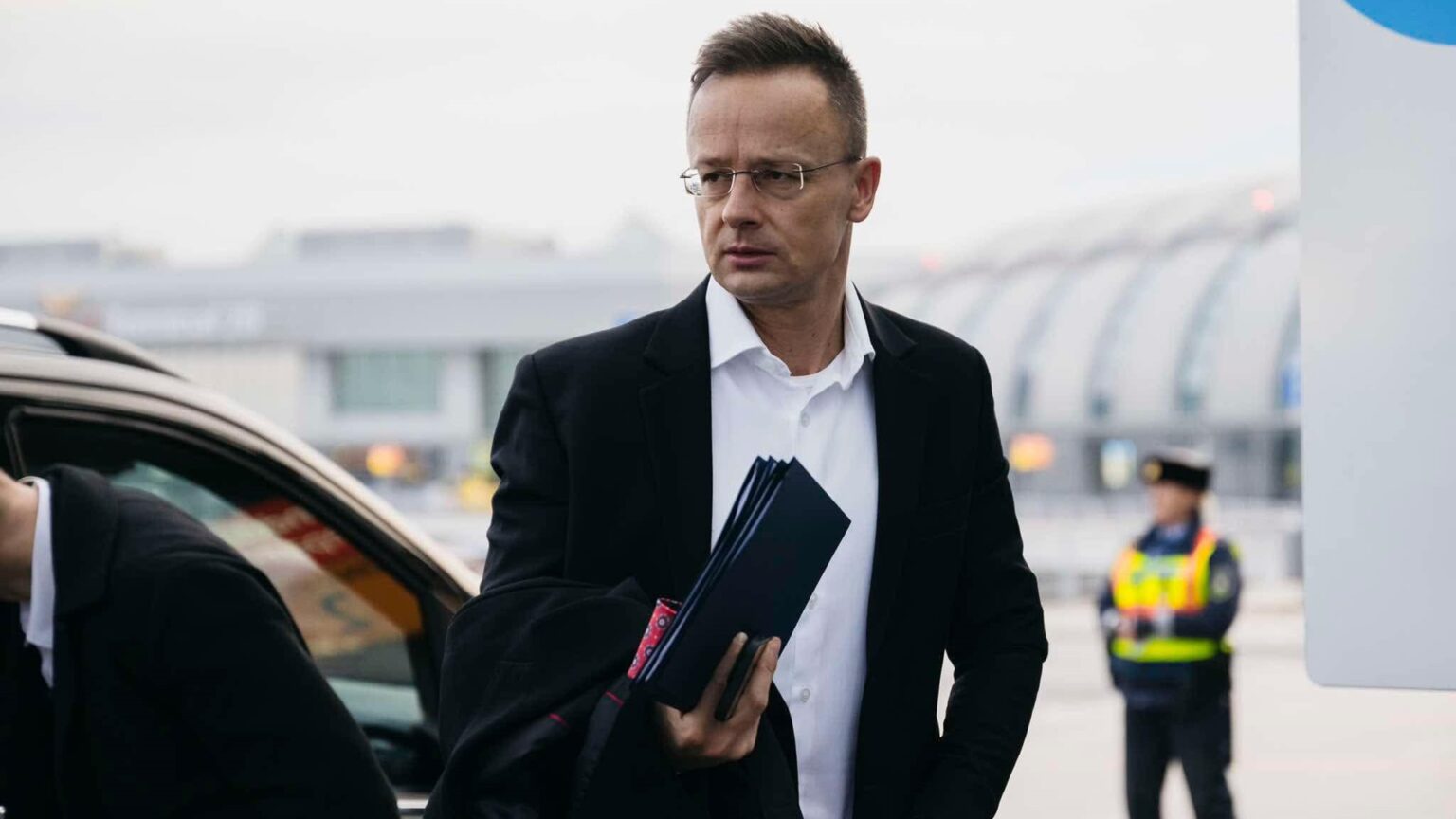
Foreign Minister Péter Szijjártó of Hungary met with Mercedes-Benz executive Jörg Burzer this week, and stressed the importance of cooperation with the German car manufacturing giant in a Facebook post afterwards. Mercedes has a plant in Kecskemét, Hungary which currently employs around 4,500 people.

Eliza and Henrietta Huszti were last seen on 7 January near the River Dee in the Scottish city of Aberdeen. Since their disappearance, police have been conducting extensive search efforts in the area, but leads remain scarce.
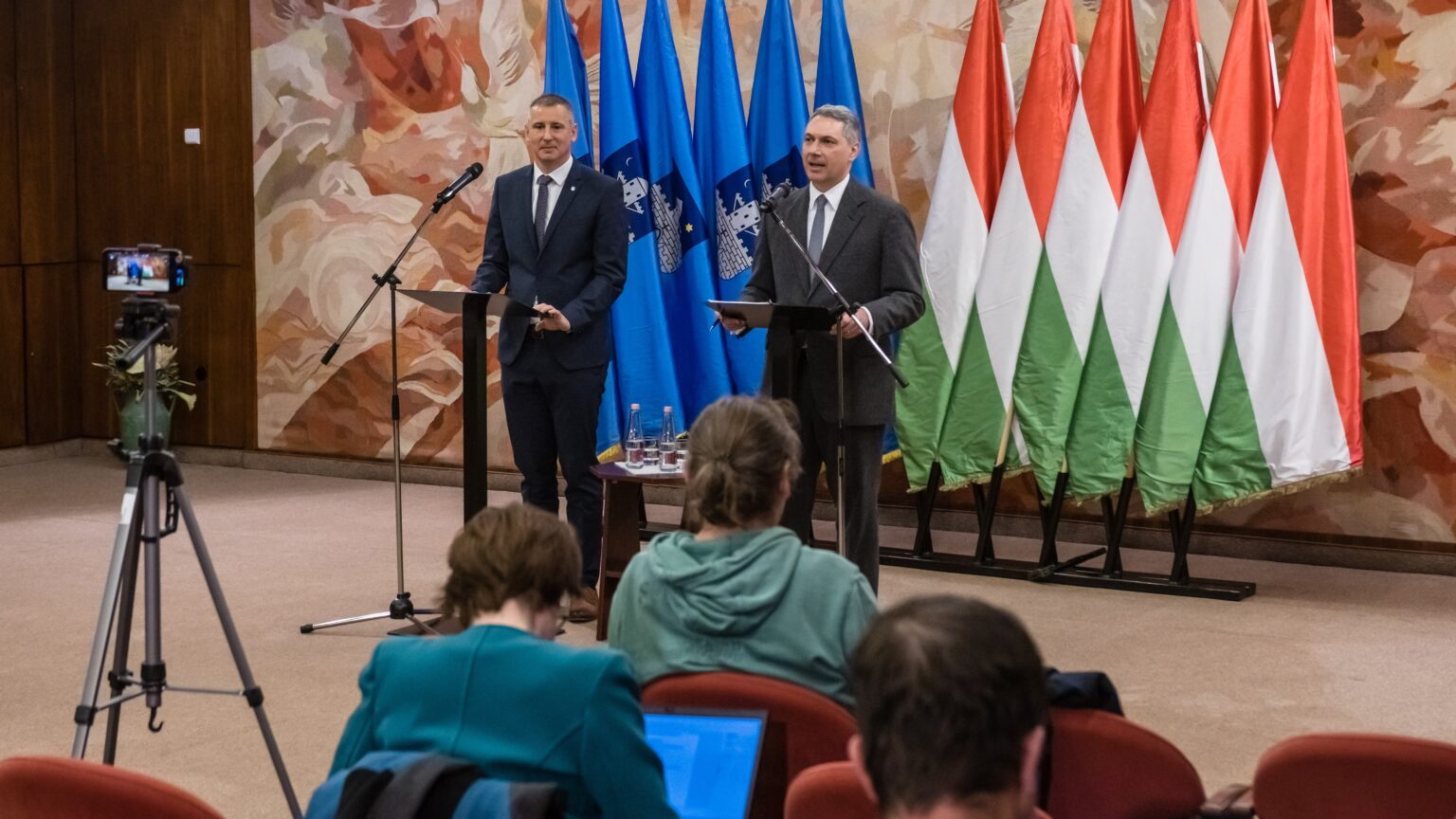
The Hungarian government has unveiled ambitious plans to construct a 40-kilometre motorway connecting Szombathely to Körmend and Kőszeg by the end of the decade. The 200-billion-forint project aims to bolster regional connectivity and economic growth in the area.